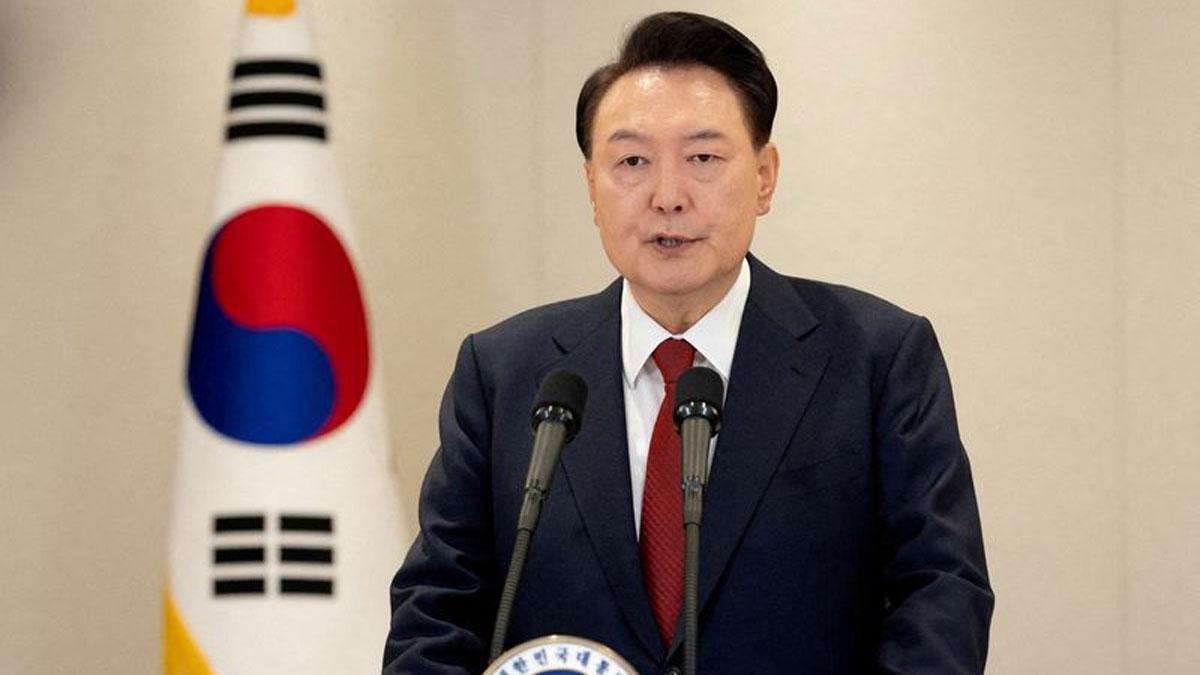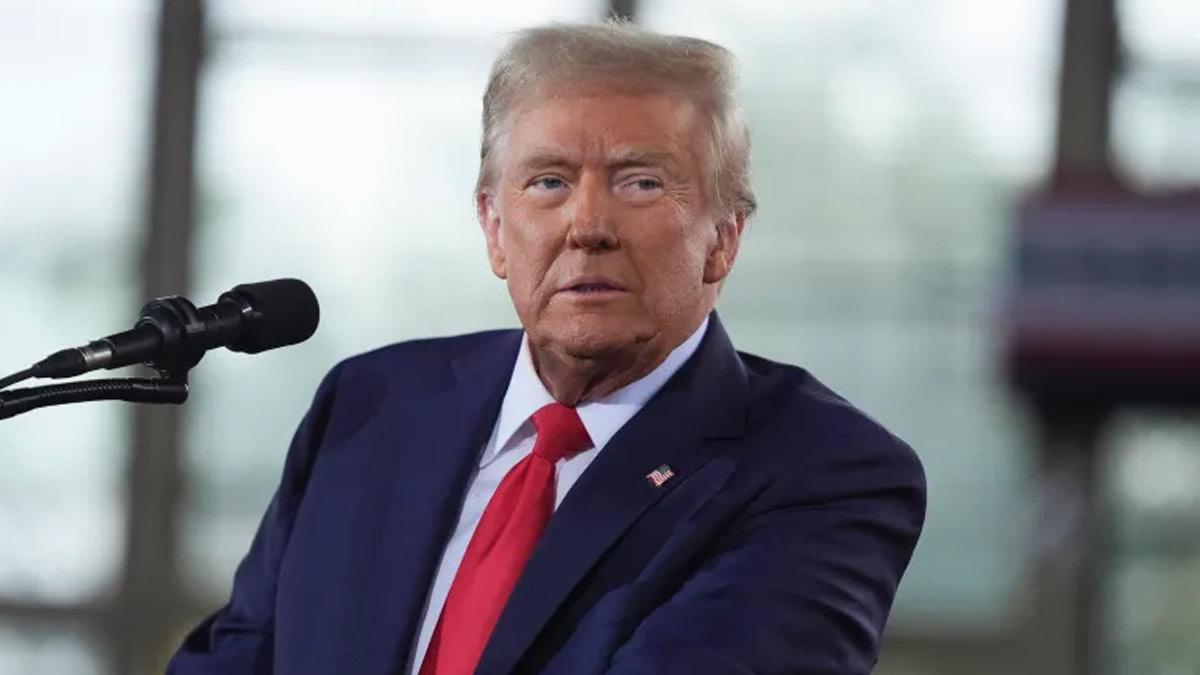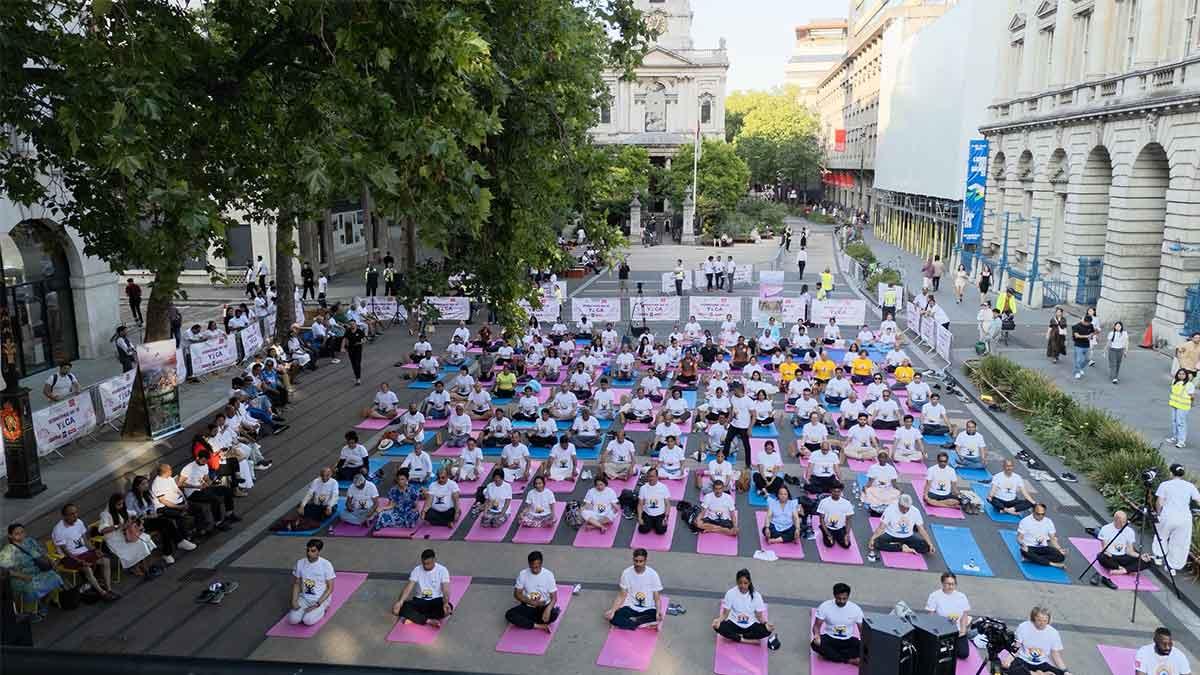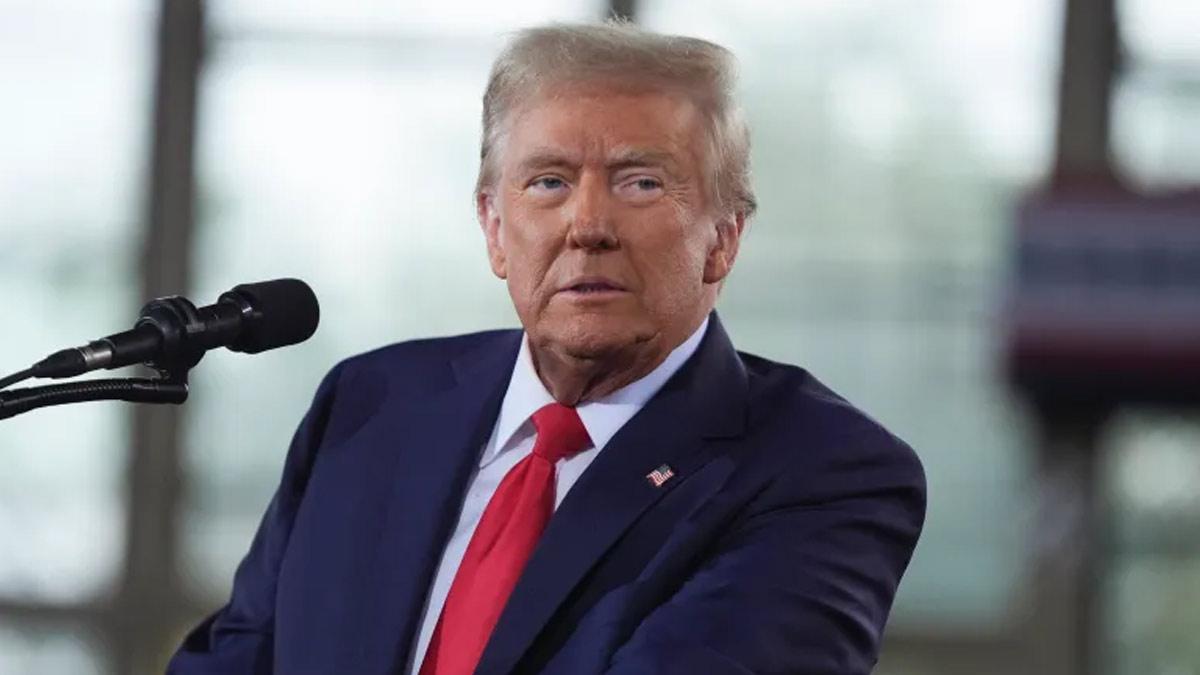South Korea's Yoon Suk Yeol had a meteoric rise from being a high-profile prosecutor to winning the presidency, but his time in office ended suddenly and dramatically. Following his failed bid to impose martial law last year, Yoon on Friday became the second South Korean president to be ousted from office.
His December 3 move, which momentarily recalled the country's authoritarian past, was undone within hours after a night of public outcry and fierce political pressure. Parliamentarians acted quickly, resulting in his impeachment by parliament. After lengthy hearings and deliberations, the Constitutional Court handed down a unanimous ruling affirming his ouster, stripping him of presidential powers and perks.
Throughout the ordeal, Yoon remained unapologetic.
In January, officials arrested him during a pre-dawn raid after weeks of defying law enforcers, the first time a sitting president of South Korea had been held. But he was subsequently freed on procedural technicalities.
The fall of Yoon, according to Minseon Ku, a postdoctoral fellow at the Global Research Institute William and Mary, reflects both the robustness and weakness of South Korean democracy.
His ousting "affirms South Korea's strength as a democracy fueled by the people, but is also a wake-up call about the vulnerability of democracy," Ku said in an interview with AFP.
She also added that in spite of the nation's institutional checks and balances system, its democracy "is under constant threats from various processes, including disinformation."
From Dictatorship to Politics
Born in 1960 in Seoul, shortly before a military coup, Yoon studied law and subsequently became known as a public prosecutor and anti-corruption crusader.
He was instrumental in the impeachment of Park Geun-hye, South Korea's first female president, in 2016, leading to her conviction and imprisonment for abuse of power.
Subsequently, in 2019, as the nation's chief prosecutor, Yoon also spearheaded the indictment of a high-ranking aide to Park's successor, Moon Jae-in, on fraud and bribery charges.
Overawed by his strong stand on corruption, the conservative People Power Party (PPP), which was in opposition, convinced Yoon to contest the presidential election on its ticket. He emerged victorious in the March 2022 election with a hair's breadth margin, beating Democratic Party candidate Lee Jae-myung in the closest presidential election in South Korean history.
A Presidency Plagued by Scandals
Yoon never commanded broad popular support, particularly among women, as he campaigned on the promise to dismantle the Ministry of Gender Equality. His presidency was dogged by scandals.
One of the largest criticisms of his government was its response to the 2022 Halloween crowd crush that killed more than 150 people. Public resentment further intensified due to economic hardship, inflation, and perceived curbs on free speech.
His indiscriminate use of presidential vetoes also drew ire, especially when he vetoed a bill that would have authorized a special investigation into suspected stock manipulation by his wife, Kim Keon Hee.
Yoon's credibility suffered another blow in 2023 when his wife was caught on tape in secret accepting a $2,000 luxury handbag as a gift. He defended her by explaining that it would have been rude to refuse the gift.
To his woes, his mother-in-law, Choi Eun-soon, was found guilty of falsifying financial documents in a property transaction and sentenced to a year in jail, although she was released in May 2024.
Diplomatic Legacy
Throughout his tenure as president, Yoon took a hardline approach towards North Korea's nuclear aspirations and consolidated relations with the United States.
One of his lighthearted moments in his diplomatic initiative was in 2023 when he caught everyone off guard at the White House by singing Don McLean's "American Pie." The gesture left U.S. President Joe Biden joking, "I had no damn idea you could sing."
But his attempts to mend ties with Japan, South Korea's former colonizer, have been controversial and met with domestic resistance.
Yoon's political clout had already diminished following the Democratic Party winning a parliamentary majority in April last year, essentially making him a lame-duck president.
The Final Straw
His descent into oblivion gained speed when he went on national television to announce martial law, denouncing "anti-state elements plundering people's freedom and happiness." His administration later sought to defend the act as a desperate measure to break legislative logjam.
Since then, he increasingly drew on far-right religious leaders and conservative YouTube personalities in support.
Pro-Yoon rallies descended into chaos in January, when his far-right supporters reacted to the court's decision to accept his arrest warrant by attacking a courthouse in Seoul. The riotous clashes injured at least 50 police officers, and windows and doors were smashed.
Political science professor at the University of Michigan Ji Yeon Hong cautioned that the movement for Yoon was less a matter of personal allegiance and more of a larger shift in ideology.
"Yoon's hardline political base wasn't constructed out of personal devotion to Yoon -- it's more structural and ideological. That is really worrying," Hong said to AFP.
She added that other movements within democracies tended to endure beyond the leaders that inspired them.
"In that way, Yoon's legacy can last not because of his accomplishments, but because of the political forces he awakened—forces that might continue to mold, and test, Korean democracy in the years ahead."
Read also| Donald Trump Says India to Slash Tariffs Significantly Ahead of 'Liberation Day' Deadline


















